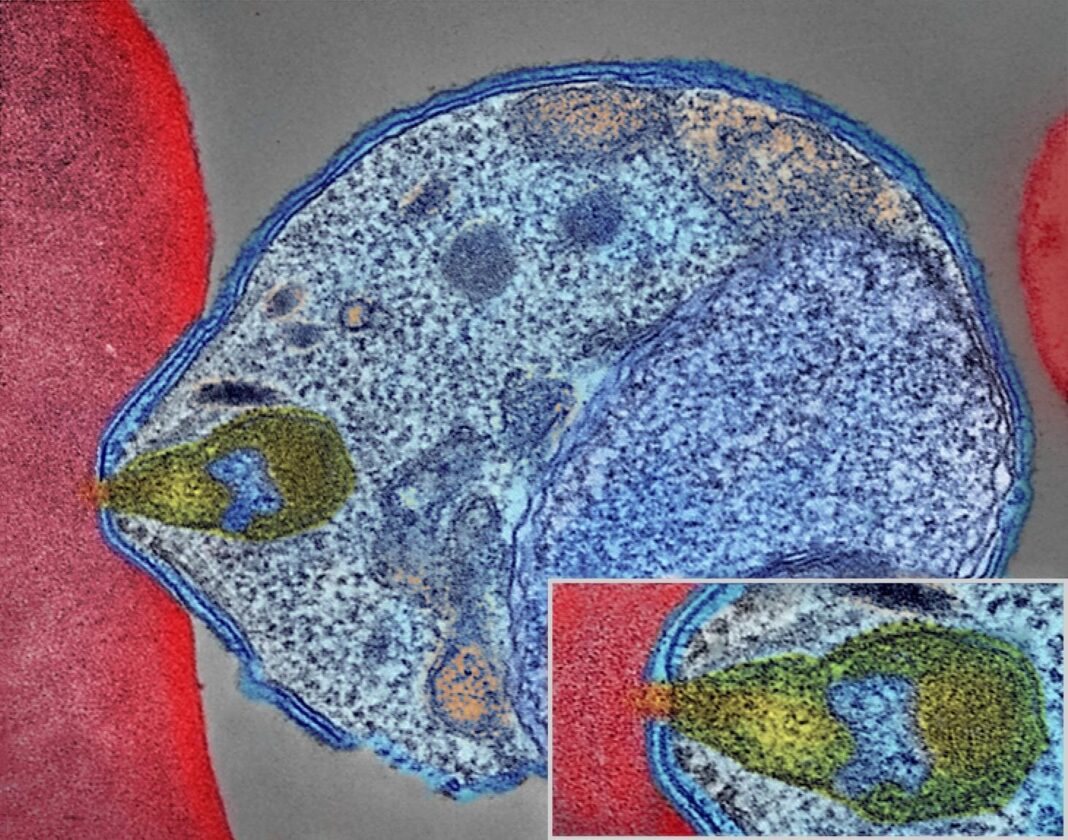Despite scientists all over the globe working to better understand malaria, about a half-million children in Africa die from the parasite each year. However, researchers from the University of Copenhagen have taken a significant step by finding an important difference between naturally acquired immunity and immunity following vaccination. “The antibodies which the body produces when you have been infected with malaria look different from those produced by the body when you have been vaccinated. And that probably means that our immune system has a more efficient response when we have been naturally infected than when we are vaccinated against malaria,” says Lars Hviid, professor at the Department of Immunology and Microbiology. The immune system can trigger various mechanisms in order to defend the body. The usual defense against infections with parasites, viruses, and bacteria consists of so-called macrophages. “When we are exposed to an attack from the outside, the immune system can produce antibodies that attach to the foreign body that needs to be fought. They are then recognized by some small cells called macrophages, which are attracted to the antibody and eat the bacterium or virus. This is basically how immunity to most infectious diseases works,” explains Hviid. But researchers have discovered that immunity to malaria seems to work differently. Here, the body’s immune system uses some other types of cells to fight an infection with the malaria parasite. “We have found that the antibodies look different, depending on whether you have been vaccinated or infected. And that means that the body launches some other defence mechanism, as instead it uses what we call natural killer cells,” says Hviid. Natural killer cells are usually known to researchers as one of the body’s best weapons to fight cancer cells. “In popular terms, you could say that the immune system has a more tailored defence against malaria than against other typical infections. Maybe we have evolved in this way because it is such a contagious and deadly disease – that is difficult to guess,” says Hviid. The researchers made the findings by comparing blood samples from Ghanaian people who had been infected with malaria with blood samples from people who participated in Phase 1 clinical trials of an experimental malaria vaccine. “Our study points to a new strategy for developing even better malaria vaccines in the future. Because, now, we know how the body mobilizes the defence with natural killer cells, and we can imitate that with vaccines,” Hviid says.
https://medicalxpress.com/news/2021-11-malaria-knowledge-naturally-immunity-vaccines.html


